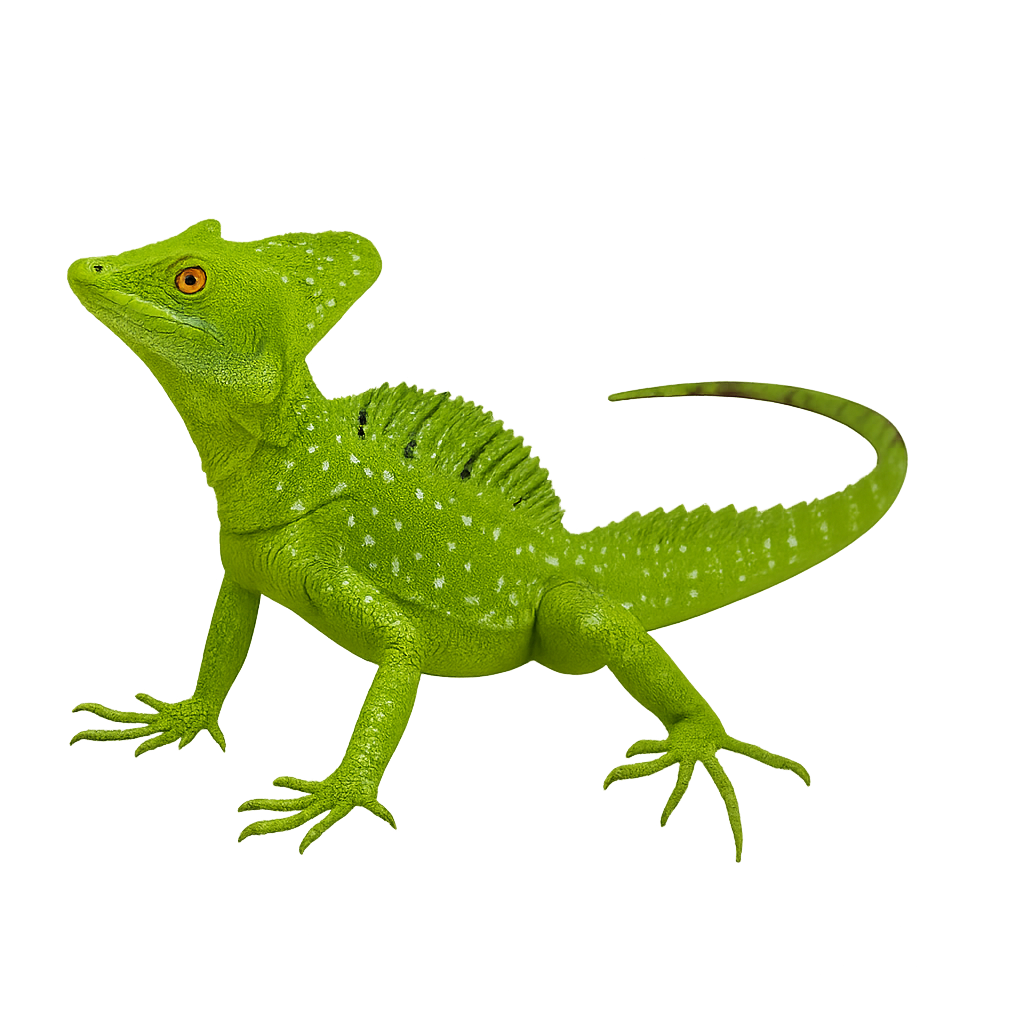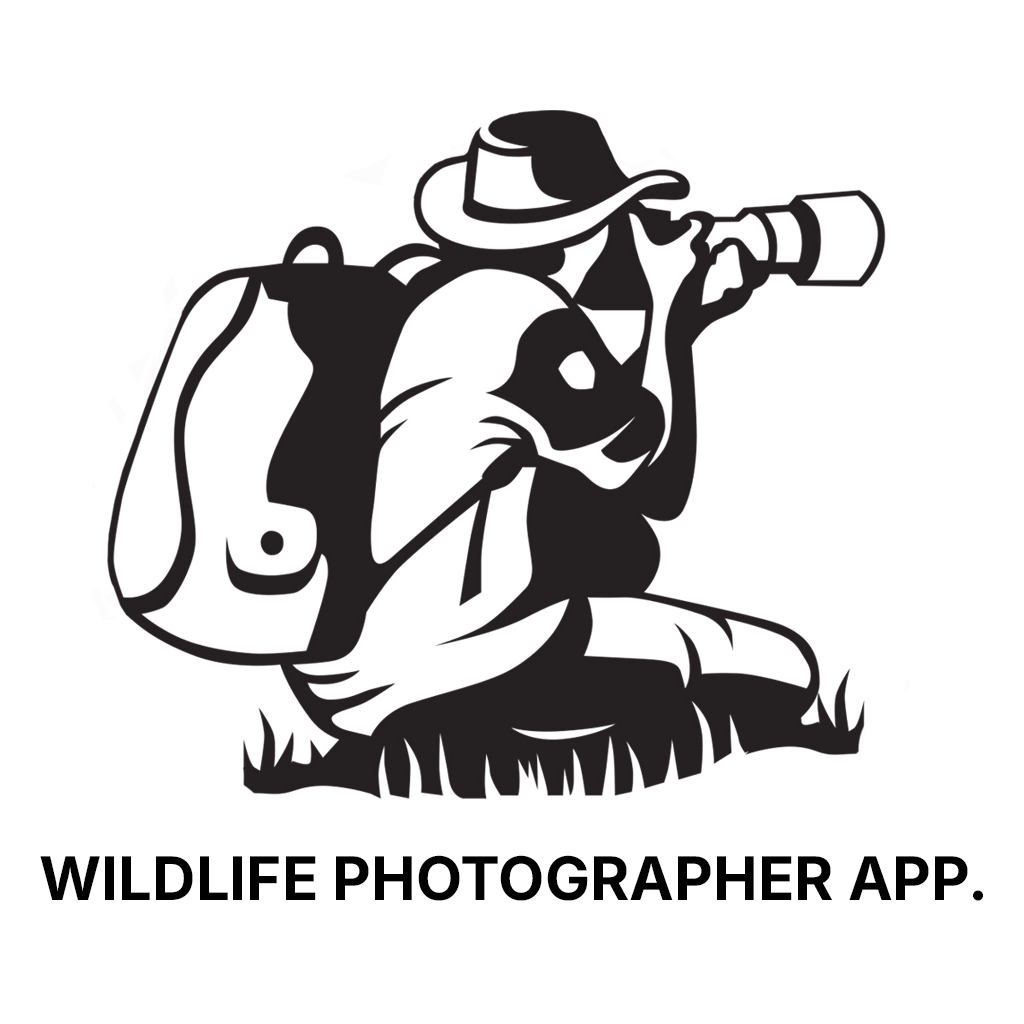Your wildlife photography guide.
Explore the jesus christ lizard in detail, study its behavior, prepare your shots.
Where to observe and photograph the jesus christ lizard in the wild
Learn where and when to spot the jesus christ lizard in the wild, how to identify the species based on distinctive features, and what natural environments it inhabits. The WildlifePhotographer app offers tailored photography tips that reflect the jesus christ lizard’s behavior, helping you capture better wildlife images. Explore the full species profile for key information including description, habitat, active periods, and approach techniques.
Jesus Christ lizard
Scientific name: Basiliscus basiliscus

IUCN Status: Least Concern
Family: CORYTOSURIDAE
Group: Reptiles
Sensitivity to human approach: Suspicious
Minimum approach distance: 5 m
Reproduction period: March to April
Incubation: N/A
Births: March to April
Habitat:
Tropical forests, riverbanks, and wooded areas of Central America, mainly in Costa Rica, Panama, and Nicaragua
Activity period :
Active during the day when temperatures are favorable, often seen basking in the sun.
Identification and description:
The Jesus Christ Lizard is a fascinating reptile, named for its unique ability to run across water for short distances. This striking lizard, recognizable by the distinctive crest on its back and its vibrant coloration, primarily inhabits the tropical forests of Central and South America, particularly in Costa Rica and Panama. The Jesus Christ Lizard feeds on insects, fruits, and small animals, hunting them in the understory. When threatened, it uses its ability to run across water to escape predators, creating a spectacular fleeing scene.
Although it is a master of escape, the Jesus Christ Lizard is vulnerable to deforestation and the loss of its natural habitat.
Recommended lens:
Macro – adjust based on distance, desired framing (portrait or habitat), and approach conditions.
Photography tips:
From knowledge to field practice
A species profile helps you understand an animal. In the field, the challenge is often different. Remembering your own observations.
The WildlifePhotographer app allows you to:
• record your personal observations
• note locations, dates, and behaviors
• revisit your field references over time
• build a private and long-term field logbook
The app does not provide observation locations.
It helps you organize what you actually observe, with respect for wildlife.

